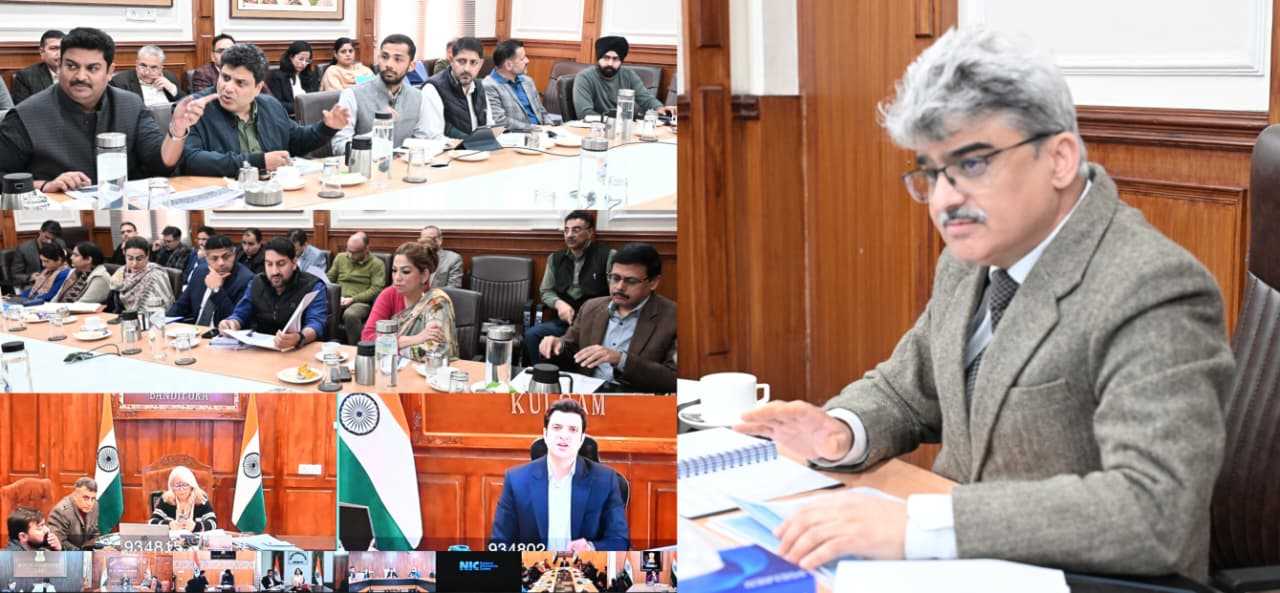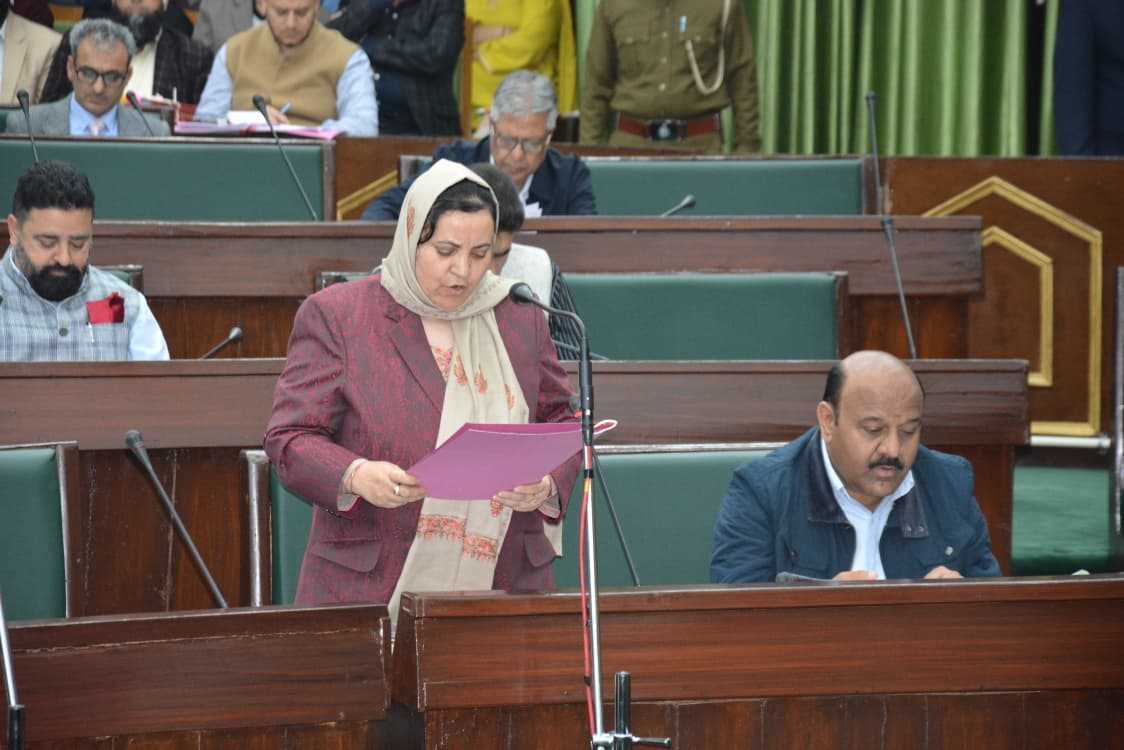
Today, the influence of influencers on social media is rapidly increasing on society and politics. They influence public opinion without any accountability, especially in elections. Unlike traditional media, there is no clear code of conduct for them. In such a situation, to maintain the transparency and fairness of democracy, it is important that they are also monitored and accountable. The Election Commission and the government should take concrete steps in this direction. Along with freedom of social media, responsibility is equally important
In today's digital age, social media has become an integral part of our lives. It is not only a powerful medium of communication, but has also become an important platform for public opinion formation, social awareness and political debate. The influence of influencers on platforms like Twitter, Instagram, YouTube and Facebook is no longer limited to entertainment, but they have also started guiding public thinking on social and political matters. In such a situation, it is natural to ask whether these influencers should have any moral or legal accountability? Should they also follow impartiality like is expected from journalists?
Social media influencers are people who have thousands or millions of followers. Their thoughts, reactions, reviews and comments influence people. Many brands and companies promote their products with the help of these influencers. Now this influence is not only economic, but it has also penetrated deeply into the social and political sphere.
In the 2024 Lok Sabha elections and the assembly elections in many states, it was clearly seen how social media influencers are playing the role of campaigners for political parties. They directly share posts, make videos or conduct live debates in support or opposition of a particular party. Most of these posts contain promotional material, but it is not clear whether it is 'paid' or not. There is a guideline of the Election Commission to monitor paid news in traditional media, but this new world of social media does not have this control.
The Supreme Court and various High Courts have also expressed concern from time to time about the monitoring of misinformation, hate speech and election campaigns on social media. Technology may have given people freedom of expression, but when this freedom is exercised without any responsibility, it starts weakening democracy.
Today, anyone can become a journalist - with a smartphone and an internet connection. In such a situation, there is a thin line between journalism and the role of influencers, which needs to be clearly marked. There is a code of conduct for journalists, there is a Press Council, there is accountability of news organizations. But no such mechanism exists for social media influencers.
Two things are important here – one, the freedom of influencers and second, their responsibility. Freedom does not mean that they spread any kind of information or idea without checking the facts. If they are propagating a political ideology or influencing public opinion in favor of a particular party, then it is important that they do it in a transparent manner and it is clear that they are working under an agenda.
Apart from this, considering the posts or videos of influencers as paid promotion, the Election Commission should also make clear rules for this. Just as the fee for advertisements in TV and newspapers is fixed and its declaration is mandatory, in the same way promotional posts on social media should also be monitored.
After all, the strength of democracy lies in its transparency and fairness. If any medium – be it traditional media or social media – behaves in a biased manner, it affects public opinion and weakens the roots of democracy.
On the other hand, many influencers may argue that they are free citizens and have the right to support any idea. This argument is correct to some extent, but when a person or group is influencing the opinion of millions of people through their ideas, then they also have a social and moral responsibility.
Influencers must understand that their words are not limited to entertainment or promotion of beauty products, but they can also influence social concerns and democratic processes. With this influence, they must also accept accountability.
It is time that the government, Election Commission, and society take concrete steps in this direction. Social media platforms should also monitor the activities of their users and make technical arrangements to identify paid advertising. Also, a framework should be created that brings influencers under the ambit of code of conduct and also binds them to transparency and fairness.
The need of the hour is that we should not only talk about freedom of expression but also give equal importance to its responsibility and accountability.
For the success of democracy, it is essential that every platform, every medium and every voice is fair, responsible and truthful – be it a newspaper editorial, a TV debate or an Instagram post.
Email:---------------------satywanverma333@gmail.com


Today, the influence of influencers on social media is rapidly increasing on society and politics. They influence public opinion without any accountability, especially in elections. Unlike traditional media, there is no clear code of conduct for them. In such a situation, to maintain the transparency and fairness of democracy, it is important that they are also monitored and accountable. The Election Commission and the government should take concrete steps in this direction. Along with freedom of social media, responsibility is equally important
In today's digital age, social media has become an integral part of our lives. It is not only a powerful medium of communication, but has also become an important platform for public opinion formation, social awareness and political debate. The influence of influencers on platforms like Twitter, Instagram, YouTube and Facebook is no longer limited to entertainment, but they have also started guiding public thinking on social and political matters. In such a situation, it is natural to ask whether these influencers should have any moral or legal accountability? Should they also follow impartiality like is expected from journalists?
Social media influencers are people who have thousands or millions of followers. Their thoughts, reactions, reviews and comments influence people. Many brands and companies promote their products with the help of these influencers. Now this influence is not only economic, but it has also penetrated deeply into the social and political sphere.
In the 2024 Lok Sabha elections and the assembly elections in many states, it was clearly seen how social media influencers are playing the role of campaigners for political parties. They directly share posts, make videos or conduct live debates in support or opposition of a particular party. Most of these posts contain promotional material, but it is not clear whether it is 'paid' or not. There is a guideline of the Election Commission to monitor paid news in traditional media, but this new world of social media does not have this control.
The Supreme Court and various High Courts have also expressed concern from time to time about the monitoring of misinformation, hate speech and election campaigns on social media. Technology may have given people freedom of expression, but when this freedom is exercised without any responsibility, it starts weakening democracy.
Today, anyone can become a journalist - with a smartphone and an internet connection. In such a situation, there is a thin line between journalism and the role of influencers, which needs to be clearly marked. There is a code of conduct for journalists, there is a Press Council, there is accountability of news organizations. But no such mechanism exists for social media influencers.
Two things are important here – one, the freedom of influencers and second, their responsibility. Freedom does not mean that they spread any kind of information or idea without checking the facts. If they are propagating a political ideology or influencing public opinion in favor of a particular party, then it is important that they do it in a transparent manner and it is clear that they are working under an agenda.
Apart from this, considering the posts or videos of influencers as paid promotion, the Election Commission should also make clear rules for this. Just as the fee for advertisements in TV and newspapers is fixed and its declaration is mandatory, in the same way promotional posts on social media should also be monitored.
After all, the strength of democracy lies in its transparency and fairness. If any medium – be it traditional media or social media – behaves in a biased manner, it affects public opinion and weakens the roots of democracy.
On the other hand, many influencers may argue that they are free citizens and have the right to support any idea. This argument is correct to some extent, but when a person or group is influencing the opinion of millions of people through their ideas, then they also have a social and moral responsibility.
Influencers must understand that their words are not limited to entertainment or promotion of beauty products, but they can also influence social concerns and democratic processes. With this influence, they must also accept accountability.
It is time that the government, Election Commission, and society take concrete steps in this direction. Social media platforms should also monitor the activities of their users and make technical arrangements to identify paid advertising. Also, a framework should be created that brings influencers under the ambit of code of conduct and also binds them to transparency and fairness.
The need of the hour is that we should not only talk about freedom of expression but also give equal importance to its responsibility and accountability.
For the success of democracy, it is essential that every platform, every medium and every voice is fair, responsible and truthful – be it a newspaper editorial, a TV debate or an Instagram post.
Email:---------------------satywanverma333@gmail.com
© Copyright 2023 brighterkashmir.com All Rights Reserved. Quantum Technologies